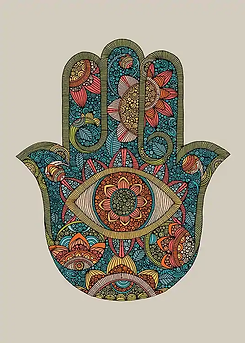חוברת לטקס ויקהל
טקס ויקהל הוא ציון מיוחד לשבת פרשת ויקהל, ו"מי שבירך" על חלקן של נשים בהקמת המשכן. הטקס מתאים לכל קהילות ישראל. בחוברת הצעה למהלך טקס, וכן מקורות ופרשנויות על תרומתן של נשים למשכן במעשי ידיהן ממש, וכפועל יוצא מכוח היותן נותנות חיים ושותפות למעשה הבריאה, כמחברות בין ניגודים, מחברות שכל לרגש ומחשבה למעשה, כמתקנות הדרוש תיקון, כמרחיבות התורה.
הרצאות וכנסים
סדרת הרצאות
Rabbi Leah Shakdiel
Leah Shakdiel's lecture discussed several aspects of patriarchy as an economic, social, and political principle that has organized people's lives, and the ramifications of this principle on Jewish religion and law. She looked at the fairly recent change in Jewish women's standpoint vs. the Torah world, as this change occurred against that historical background.

Dr Zehorit Asulin
Dr Asulin examined Freud’s conceptualizations of transmission of tradition, and proposed a Jewish interpretation of how we may turn pathological tradition into healthy tradition. She discussed how the construction of the self of Abraham and Sarah, as it is told in the Torah, opens a new doorway to understand the construction of the self as part of our belonging to a community, instead of being the result of an ambivalent and conflictive relationship with it.


Heftsi Cohen-Montagu
Heftsi's lecture explored Sephardi rabbis as a possible inspiration for a traditionist feminism. She asked how we, as women, expand the Jewish story by coming into the texts, providing new interpretations, and rescuing the unheard voices of women. Cohen-Montagu explained how the act of stepping into the textual tradition is acting "in the name of the father" but rescuing women's voices means acting "in the name of the mother".

Yafa Benaya
Benaya's lecture explored the meaning of Sephardi Modernity through the work and life of Esther Moyal and Jacqueline Kahanoff. Through their life stories and texts, we will attempt to understand their activities in the world they lived as well as their way of thinking about three cultural and political questions: Jewish identity, the East-West divide and Jewish-feminist identity.
מאמרים
פרשות השבוע
Table for five- One Torah verse, five voices
By Heftisbah Cohen-Montagu

By Yafa Benaya









